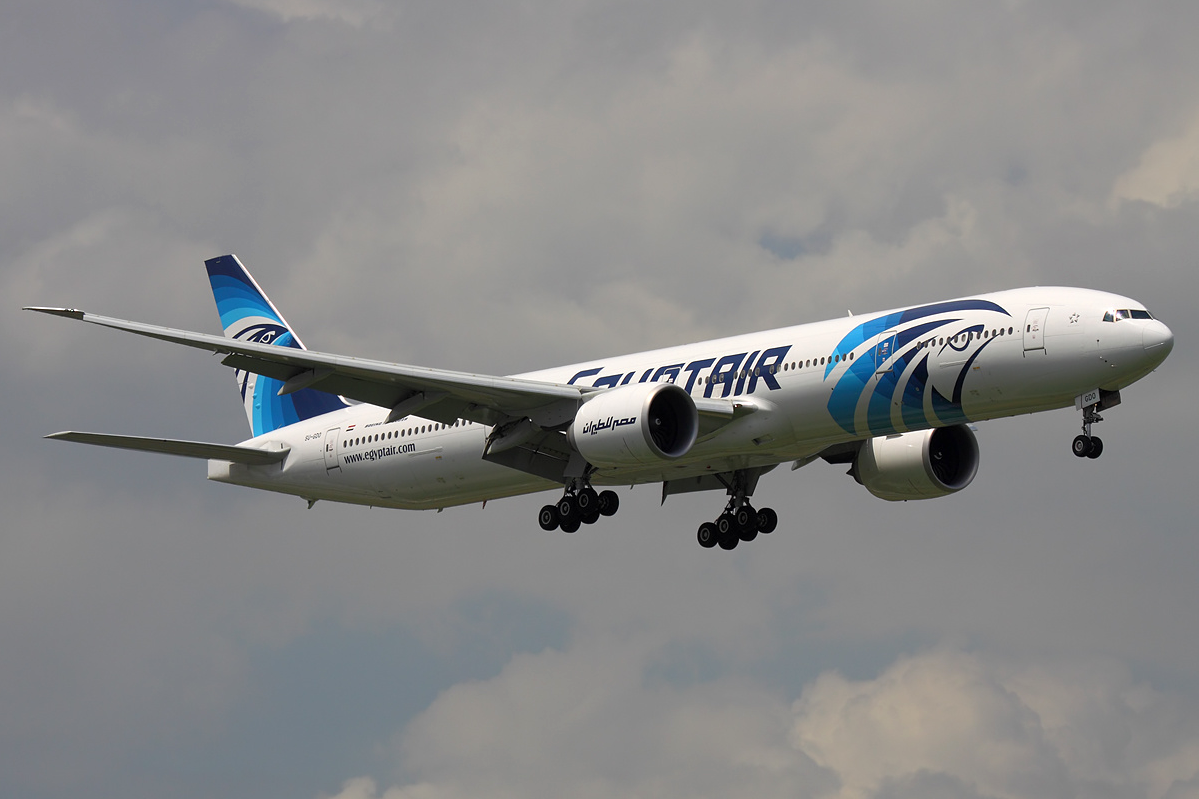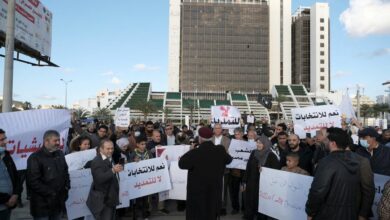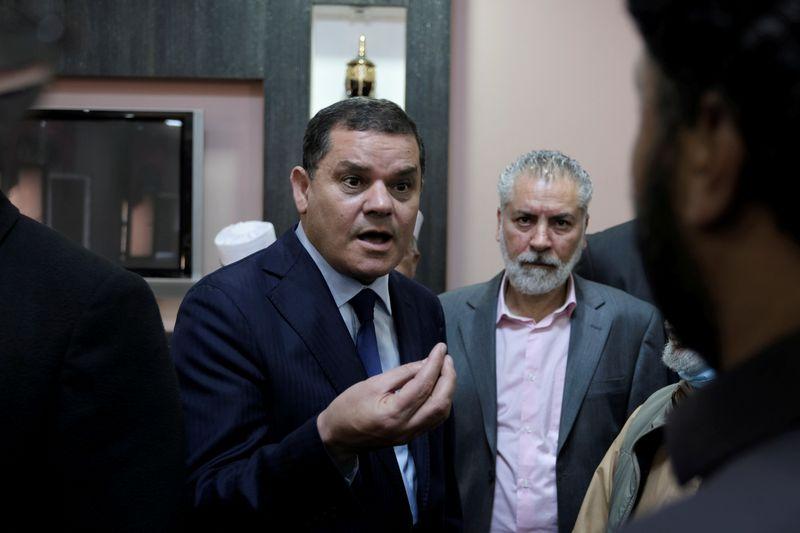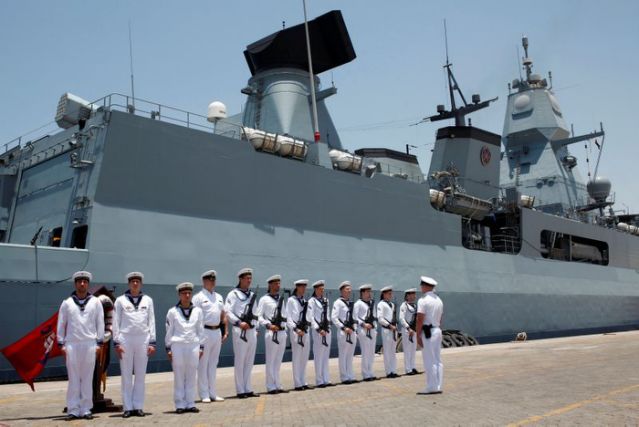Benghazi — Just a few months ago, Benghazi police Colonel Abdallah Shweiter spent his time dealing with orders to silence Muammar Qadhafi's critics. These days, he's busy doing what his real job was all along — hunting down thieves, crooks and stolen cars.
"Earlier, the police worked to serve the political order and security was second," he said. "But now we do what we should be doing, which is helping people, keeping them safe and secure. Now we respect people, we're trying to show we care about them."
Shweiter described his new work under the blackened ceilings of his police station, a building with partially destroyed walls and windows coming off their hinges after protesters torched government buildings when the Libyan uprising began.
Nearly three months after rebels rose up against Qadhafi's rule, Benghazi's police — or what's left of it — is trying to remodel itself as a trustworthy force in the hope of reassuring residents who fear security will collapse under the rebels.
Maintaining law and order is crucial to preventing Libyans in the rebel-held east from losing faith in their administration as the conflict drags on and saps the revolutionary zeal that initially united Benghazi residents, Western diplomats say.
Much of the police force melted into the population or stayed at home when the uprising began, and the rebel government has been calling on policemen to return to its ranks.
Young men in black uniforms with new Al-Aman Al-Watani (National Security) insignia — to signal a break from the past — can now be seen driving around the city in small white cars or helping to direct traffic at intersections.
"People want security, so they want us," said Shweiter, as a man came in to report a missing mobile phone SIM card. The 26-year police veteran proudly points out that his rusty desk, TV set and black chairs were all donated by Benghazi residents.
"We know they trust us because they come here."
"FREAKING OUT MY MOTHER"
For a city where security forces virtually disappeared overnight and gung-ho rebels with anti-aircraft guns mounted on pick-up trucks appeared instead, Benghazi is surprisingly safe. It is no Baghdad.
Policemen and officials say reported crime has dropped in Benghazi since the uprising. Shweiter, for example, says complaints have dropped to 15 from 40 a day and officials say there have been no reports of major incidents such as bank robberies or kidnappings despite the security vacuum.
Civilians have also stepped in to help, setting up neighborhood patrols and directing traffic.
But a car bomb exploded late on Tuesday near the rebel movement's headquarters, and there have been reports of armed gangs showing up at homes and businesses demanding money.
Benghazi is also rocked by daily explosions and frequent gunfire blamed on family feuds or anti-Qadhafi celebrations, which residents say is fuelling a perception among women, children and the elderly of rising insecurity.
Sensitive to these concerns, the rebel administration has rushed out billboards around Benghazi warning enthusiastic youths against firing into the sky unnecessarily.
"Hey, young guy, don't fire. You're freaking out my mother," says one billboard, showing a man admonishing two young turbaned men with a Kalashnikov and a machine gun.
"Benghazi's families, women and children are scared and feel more insecure with every bullet you fire. Don't create panic among one another," the billboard reads.
Other billboards urge Libyans to give back weapons stolen from arms depots and police stations after the uprising began.
Rebel officials also acknowledge the force faces a shortage of vehicles. It had to consolidate the 15 police stations into five secured stations after an armed gang forced police at one station to hand over a detained suspect.
Boosting security and remaking the police force will be a long slog.
At a security building draped with the rebels' pre-Qadhafi era flag, a group of elite Benghazi policemen whiled away their time one recent evening, fiddling with their Kalashnikovs as they waited to be called to deal with any emergency.
Asked if they had tried to end the family feuds, most seemed surprised. "We can't do anything if families are fighting," said Abdel Gaddar Al-Arabi, the group leader. "They'll tell us to go away, that they can sort it out themselves."
Boredom seems to be the biggest problem. "Nobody calls us," said Arabi. "Perhaps in a half hour we'll go out and help at the traffic lights."




